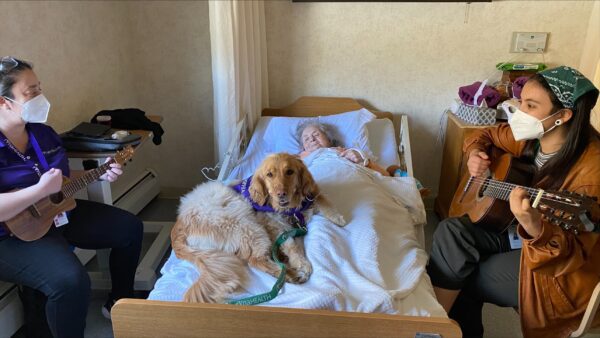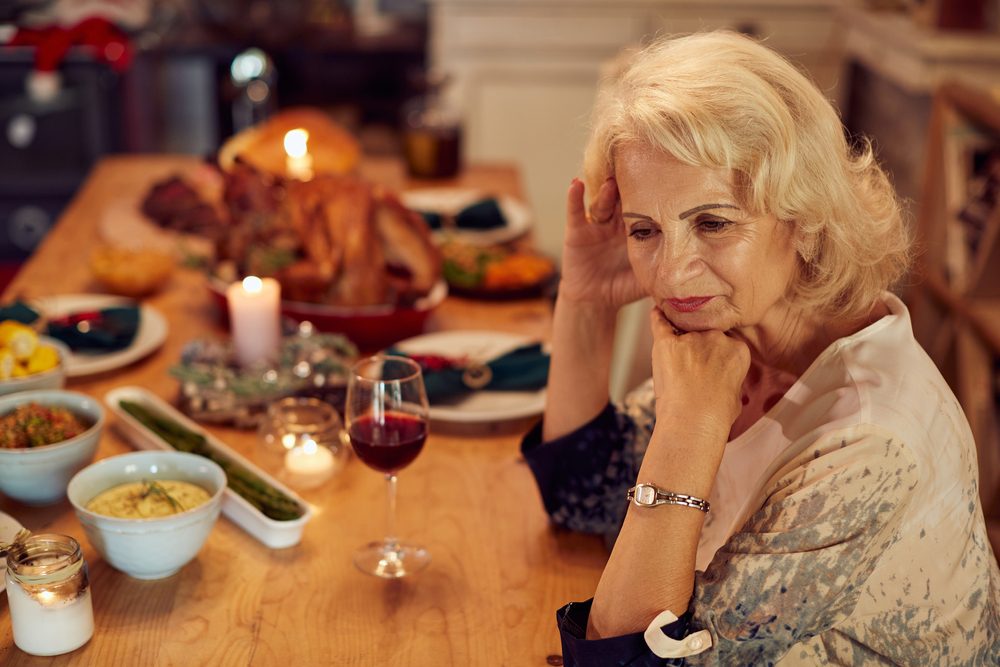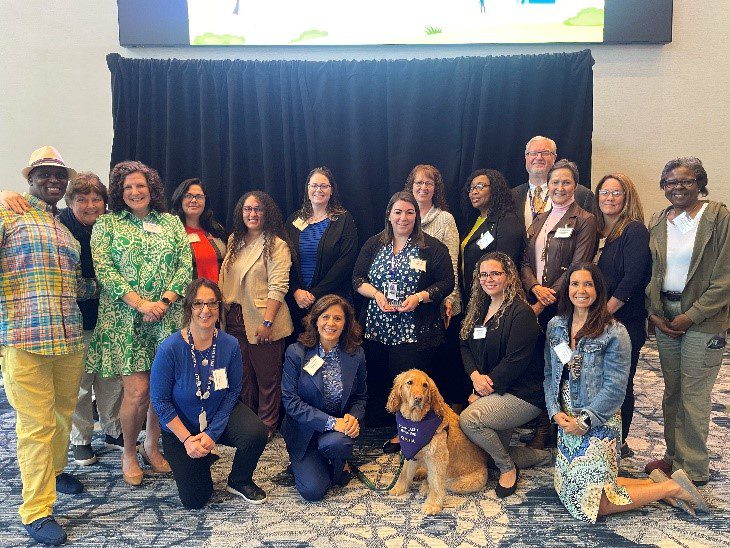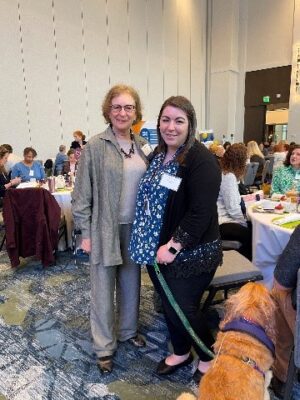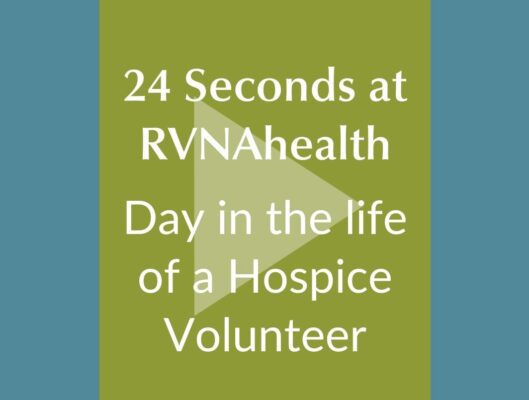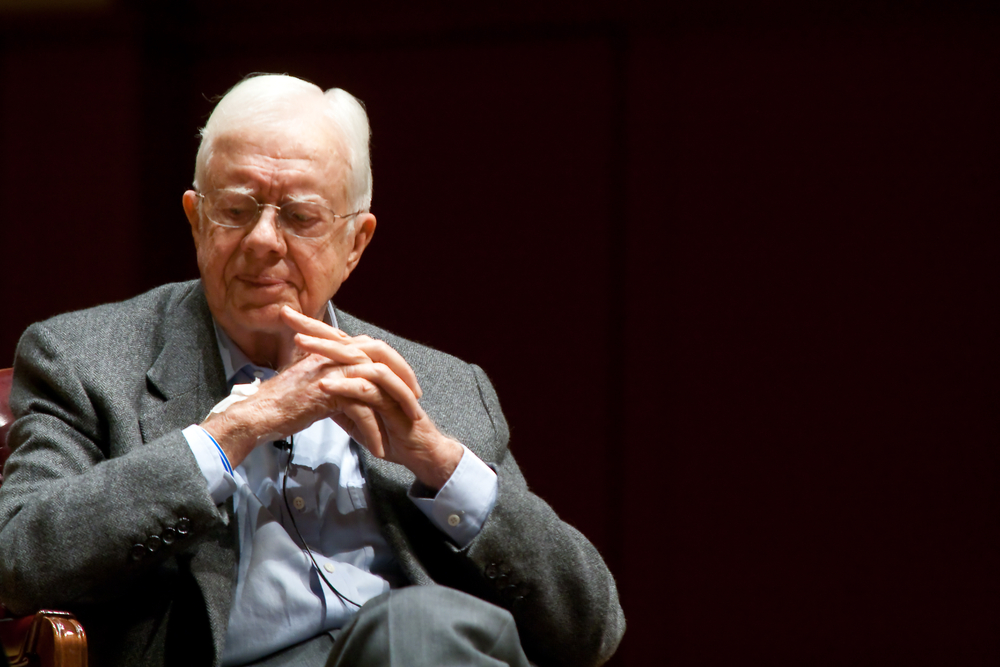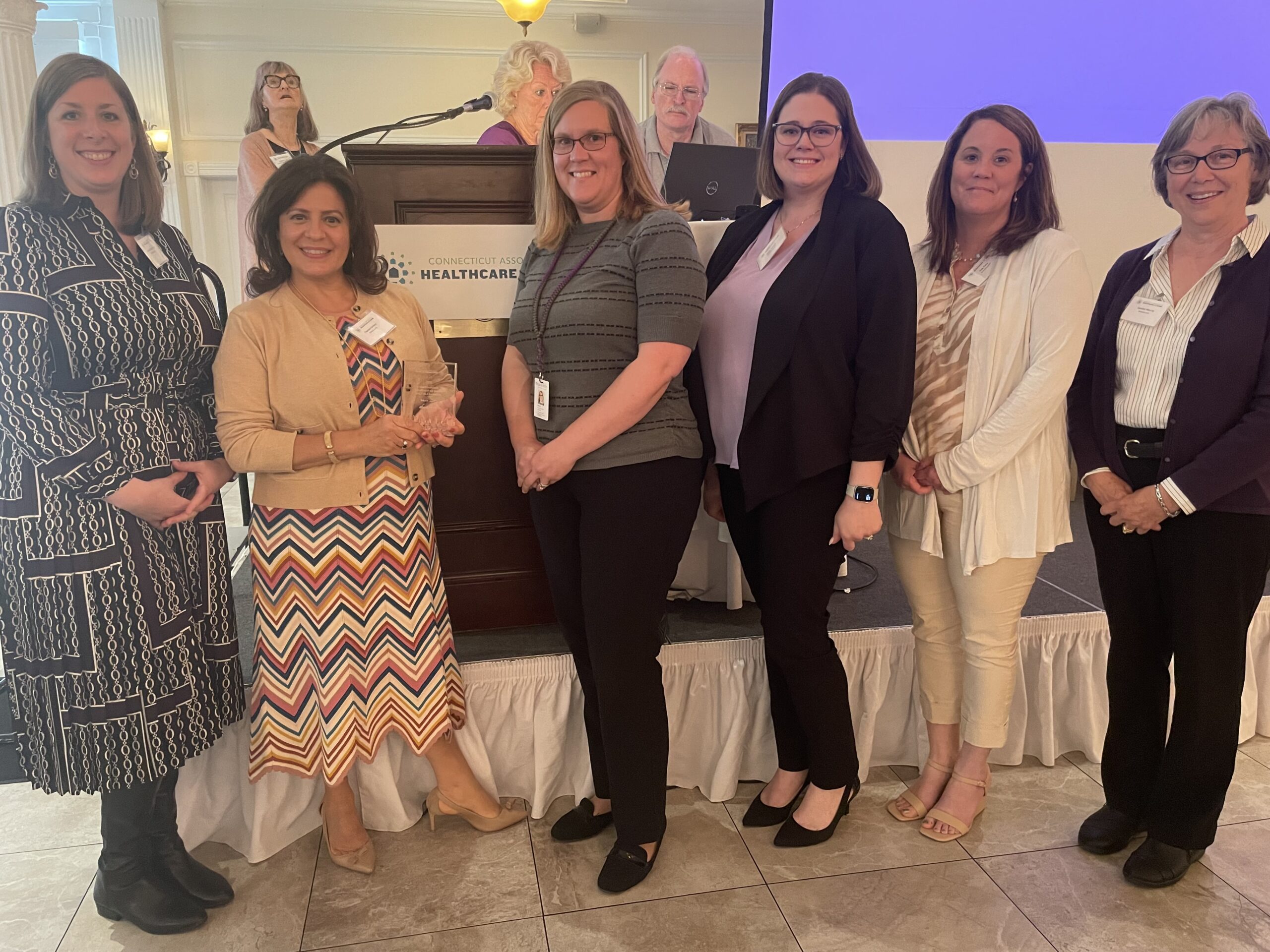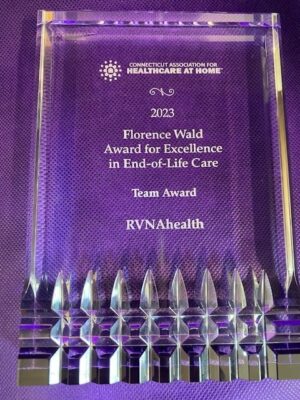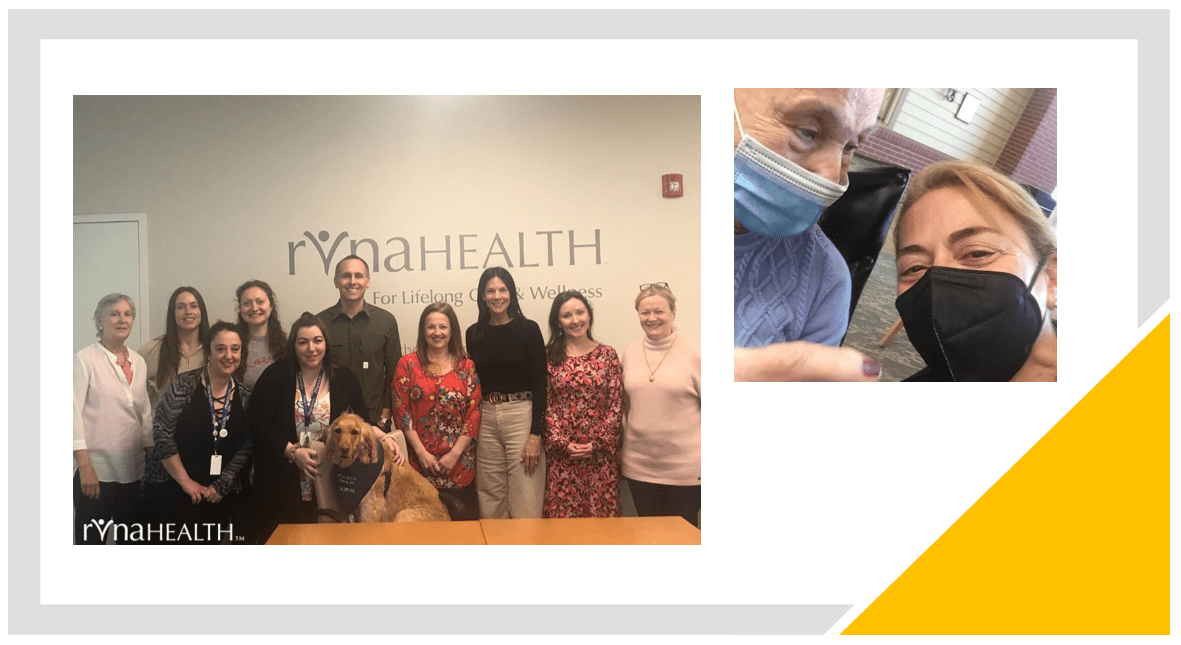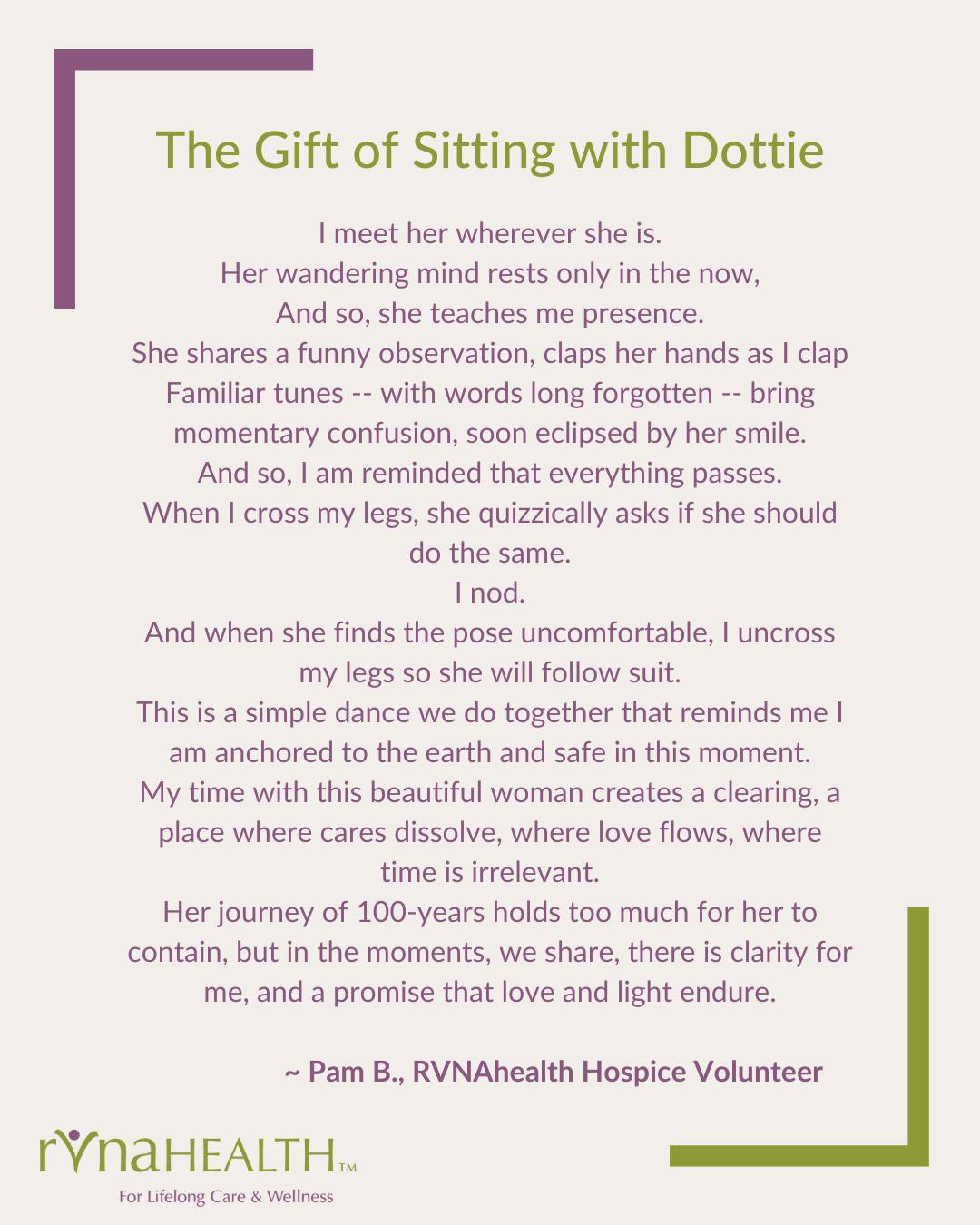Hospice care plays a crucial role in providing comfort and dignity for individuals facing life-limiting illnesses. Despite its importance, misconceptions often surround this specialized care, leading to confusion and hesitations. Below we address common questions about hospice care, clarifying its purpose, eligibility, and accessibility. Additionally, we also address persistent myths, shedding light on the comprehensive support hospice care offers to both patients and their families. By understanding the realities of hospice care, individuals can make informed decisions about their end-of-life care options and find peace in their journey.
Frequently Asked Questions About Hospice Care
Q: What is hospice care?
A:Hospice care is a special type of care for those facing a life-limiting illness. Hospice care focuses on managing symptoms and pain and helping patients and their families to be as comfortable as possible – physically, emotionally, socially, and spiritually.
Q: Who is eligible for hospice care?
A: Individuals diagnosed with a life-limiting condition with a prognosis of six months or less. One needn’t be homebound to receive hospice services.
Q: When is it time for hospice care?
A: Hospice care is typically recommended when a physician is offering a life expectancy of six months or less, depending on the course of the disease. Patients and families benefit most when their symptoms are managed earlier during their disease process rather than later. Read more here.
Q: Who pays for hospice care?
A: Most private insurance plans cover hospice care expenses related to the terminal diagnosis, as do Medicare and Medicaid.
Q. Where can I receive hospice care?
A. Wherever the patient resides, in the 35+ towns RVNAhealth serves.
Myths About Hospice Care
Hospice care is very beneficial to patients and their loved ones. But it is often misunderstood. Following are common myths about hospice care that are not true.
Myth: Hospice care quickens end of life.
Fact: Hospice neither hastens nor slows the end of life. Hospice is a means of healing and providing relief so that patients may focus on quality of life.
Myth: Hospice is solely for cancer patients.
Fact: The RVNAhealth hospice team cares for patients with cancer and many other chronic illnesses.
Myth: Hospice is only for patients nearing death.
Fact: Patients with a prognosis of six months or less may be cared for through hospice services. Patients often ‘graduate’ from hospice care.
Myth: Hospice is far too expensive for a patient and their family.
Fact: Hospice care is covered by most insurance companies and Medicare, Medicaid and other plans.
Myth: It is difficult for a patient to obtain hospice care.
Fact: RVNAhealth will guide you through the steps toward hospice care. You and your family are provided with a medical support team and access to our family of health services: skilled nursing, physical therapists, and non-medical caregivers.
MYTH: Hospice care ends when the patient passes away.
FACT: RVNAhealth offers bereavement support to family members up to 13 months after the passing of a loved one.
Understanding hospice care is essential for dispelling myths and recognizing the immense support it offers to patients and their loved ones. Far from being a last resort, hospice care focuses on enhancing the quality of life, alleviating pain, and providing holistic care tailored to individual needs. It is accessible, affordable, and available to patients with various conditions. By embracing the truth about hospice care, families can navigate this stage with compassion, dignity, and the assurance that they are not alone. For more information, contact RVNAhealth at 203.438.5555.



